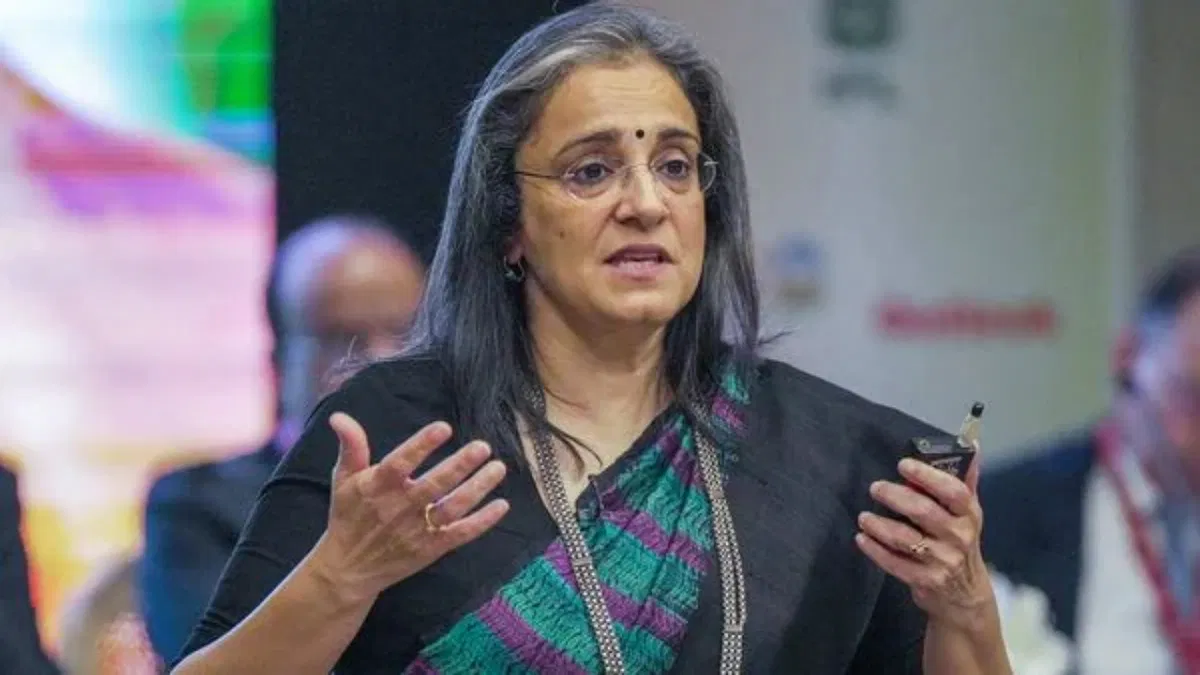Background and Context of the PAC Meeting
The PAC meeting was intend to conduct a performance review of regulatory bodies, particularly SEBI, following a series of controversies. With both ruling and opposition members participating, the committee had expressed interest in holding the SEBI leadership accountable. The panel had specifically sought Buch’s presence for a deeper inquiry, despite her earlier attempts to seek exemption PAC meeting postponed.
The agenda of the meeting revolve around reviewing oral evidence from representatives of the Finance Ministry and SEBI, as part of the committee’s broader mission to scrutinize the performance of regulatory agencies established by Acts of Parliament. SEBI’s role as a market regulator was to be evaluate, focusing on how the body has handled key cases and allegations that have surfaced in recent months.
Allegations and Controversies Surrounding SEBI and Madhabi Puri Buch
At the heart of the scrutiny lies the controversy surrounding SEBI’s handling of investigations linked to corporate entities and high-profile personalities. SEBI, under Buch’s leadership, faced intense allegations earlier this year, largely stemming from a report by US-based short-seller Hindenburg Research. The report accused Indian conglomerate Adani Group of stock manipulation and governance irregularities, which drew SEBI into the spotlight due to its regulatory oversight. Furthermore, opposition parties, particularly the Congress, have raised concerns about Buch’s potential conflict of interest, questioning her and her husband Dhaval Buch’s investments in offshore funds with links to the Adani Group.
In response to these allegations, Buch has firmly denied any wrongdoing. In September, both Madhabi and Dhaval Buch released a statement calling the accusations “false, incorrect, malicious, and motivated.” Despite their defense, the questions raised have not entirely subsided, keeping SEBI under scrutiny.
Why Buch’s Absence Matters
The postponement of Thursday’s PAC meeting has led to dissatisfaction, particularly within the ruling party, which is reportedly miffed by the SEBI chief’s absence. The inability to proceed with the scheduled inquiry reflects not just a logistical challenge but also highlights the complex tensions between regulatory agencies and political oversight bodies. The PAC had firmly insisted on Buch’s attendance, signaling the importance they placed on the direct involvement of the SEBI chief in the review.
PAC meeting postponed, For SEBI, the postponed meeting is only a temporary reprieve. Given the weight of the allegations against Buch and the rising demand for transparency, further scrutiny of the regulatory body appears inevitable. Opposition members remain steadfast in their determination to delve deeper into SEBI’s recent performance and the specific issues tied to Buch’s leadership.

What Happens Next?
While Thursday’s meeting was adjourn, the PAC is expect to reconvene at a later date. The committee’s focus will likely remain on scrutinizing SEBI’s regulatory actions, especially in light of the recent accusations. The postponement, however, will not absolve SEBI or Buch from facing these questions, particularly as political opposition continues to press for clarity on Buch’s investments and potential code of conduct violations.
Moreover, with the increasing role of market regulators in ensuring corporate governance and the integrity of financial markets, the PAC’s review of SEBI’s performance will be crucial in shaping the future of India’s regulatory landscape PAC meeting postponed.
Read More: Apple Introduces New AI Software Preview with ChatGPT and Image-Generation Capabilities- Click Here
Conclusion
The adjournment of the PAC meeting due to Madhabi Puri Buch’s absence underscores the ongoing challenges faced by India’s regulatory bodies. The scrutiny over SEBI’s leadership, catalyzed by high-stakes allegations and political pressure, is unlikely to abate any time soon. As the PAC continues its efforts to review the regulatory board’s performance, the outcome of these inquiries will have lasting implications for SEBI, its leadership, and the broader Indian financial market.







